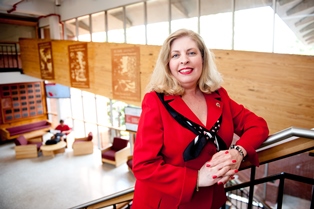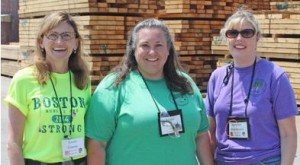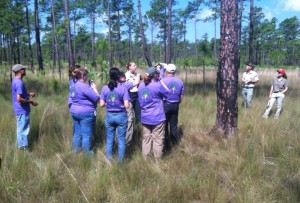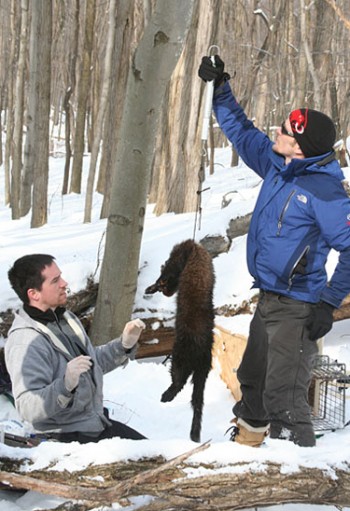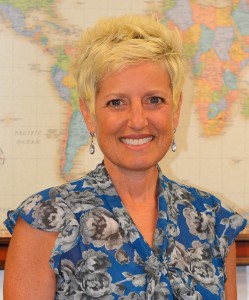 Dr. Marian G. McCord has been selected as Associate Dean for Research in the College of Natural Resources at NC State University.
Dr. Marian G. McCord has been selected as Associate Dean for Research in the College of Natural Resources at NC State University.
Dr. McCord is currently a professor with appointments in the Department of Textile Engineering, Chemistry, and Science at North Carolina State University, the Joint UNC/NCSU Department of Biomedical Engineering, and is an adjunct associate professor of medicine at the University of North Carolina, Chapel Hill.
She holds a Bachelor of Science in Biomedical Engineering from Brown University, as well as a Master of Science in Bioengineering and a Ph.D. in Textiles and Polymer Science both from Clemson University. She joined the faculty of the College of Textiles at NC State in 1994 and leads NC State’s Global Health Initiative.
Dr. McCord sees her research field as “textiles as interventions” – i.e., textiles that prevent or treat disease, or improve human health and well-being. Some of her global health related projects include nonchemical insecticidal bed nets and low cost hemostatic bandages. She is a scientific advisor to Sustainable Health Enterprises (SHE), a social venture dedicated to meeting the needs for safe and affordable sanitary products for women in the developing world. The College of Natural Resources is also a partner in the SHE project.
Dr. McCord has been the co-director of the Atmospheric Plasma Laboratory at the College of Textiles at NC State University for 14 years, and is a cofounder of Katharos, Inc., a company that aims to provide phosphate filtration solutions for end-stage renal disease patients.
She has made significant contributions to her field including serving on the editorial board of the Journal of Fiber Bioengineering and Informatics, as an officer and executive committee member of the Triangle Global Health Consortium Advisory Board and the steering committee of the NC One Health Collaborative.
Recently Dr. McCord was recognized as one of 125 Transformational Women at NC State for her work as Director of the Global Health Initiative and for her work with SHE.
“Over the last 20 years, Marian McCord has built an interdisciplinary portfolio of research focused on improving human health and wellness by developing novel textiles that prevent and treat disease. She has a proven track record assembling and leading multidisciplinary research teams and has received funding from a wide variety of sources.” says Dr. Mary Watzin, dean of the College of Natural Resources. “Through her work, Marian has earned a national and international reputation for solving practical global health challenges. I am delighted that she is willing to take on this new challenge and am confident that she will bring creativity, energy, and a genuine appreciation of power of collaboration to the College of Natural Resources.”
“I’m looking forward to joining CNR, and to working with the faculty, staff and students to advance the College’s research initiative” says Dr. McCord. “I think that CNR is the right place for me to be able to make a significant impact in addressing some of the greatest challenges facing society today.”
Originally from Newport Rhode Island, Dr. McCord lives in Apex with her husband and two children. She will assume her duties as associate dean of research on August 1, 2014 and will hold academic rank in the Department of Forest Biomaterials.



